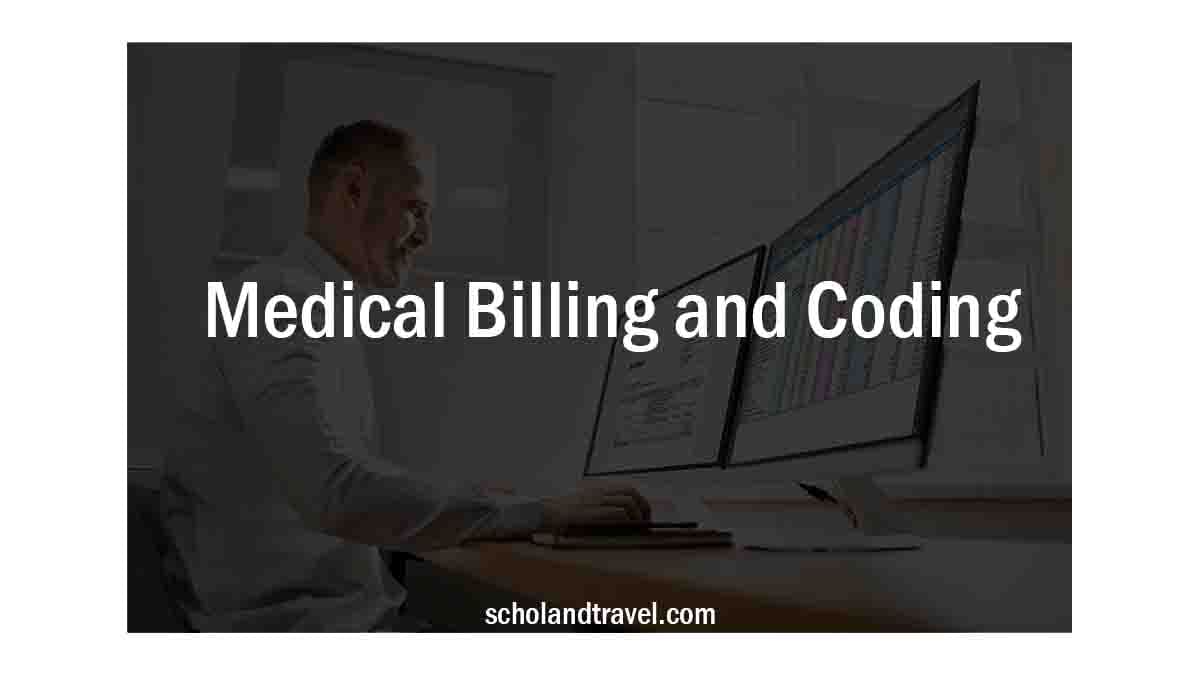Medical Terminology Courses teach you the special language used in healthcare.
Here, you learn unique words and phrases that doctors and nurses use to discuss the body, illnesses, and treatments.
It’s like unlocking a secret code that helps you understand medical talk, whether in a hospital, doctor’s office, or on TV shows.
This article provides the top medical terminology courses every medical student should take and why you should take them.
What is Medical Terminology?
Medical Terminology is like a special language used by doctors, nurses, and other healthcare workers to talk about the body, what’s happening, and what they need to do to fix it.
It includes special words, short forms, and symbols to describe different parts of the body, sicknesses, and treatments precisely and quickly.
So, it helps healthcare workers communicate clearly and quickly about caring for people’s health.
What is a Medical Terminology Course?
A Medical Terminology Course is a class where you learn the special language that doctors and healthcare workers use.
This course teaches you the special words, abbreviations, and symbols they use to discuss the body, illnesses, and treatments.
It helps people in healthcare communicate clearly and understand exactly what’s going on with a patient’s health and care.
So, it’s like learning a new language specifically for talking about medicine and health.
Are Medical Terminology Courses Worth It?
You might find a medical terms course very helpful if you want to work as a nurse, medical assistant, medical coder, or any other healthcare job.
This helps you understand and talk to people in a healthcare setting more clearly.
Moreover, medical terminology is a secret language doctors and nurses use to discuss illnesses, treatments, and processes.
Learning it can help you talk to coworkers and patients in a clear and correct way.
Medical Terminology Courses
1. DoaneX: Medical Terminology (edX)
Duration: 8 weeks (5–10 hours per week)
The DoaneX: Medical Terminology course is a class you can take to learn the special words doctors and nurses use.
At edX, you’ll learn basic medical words by studying root words, prefixes, and suffixes.
This course talks about words related to body parts, how the body works, diseases, and tests, but you don’t need to know anything about these topics before you start.
By the end of the course, you should understand basic medical words and be able to talk about them correctly with other people who know about medicine.
You can take this course for free or get a certificate.
2. Clinical Terminology for International and U.S. Students (University Of Pittsburgh):
The “Clinical Terminology for International and U.S. Students” course is a beginner-friendly class that takes about 34 hours to finish (you can do it in 3 weeks by spending 11 hours a week).
It’s made for U.S. healthcare students and workers from other countries who want to understand the words used in U.S. hospitals better.
People like caregivers and medical translators who want to understand the words and short forms used by health workers will find this course useful.
The course uses pictures and sounds to help you learn common terms and abbreviations used in U.S. hospitals.
3. Medical Terminology Course I: Word Parts, SOAP, Integumentary, Urinary, and Musculoskeletal
Course Duration: 1 month with 2-3 Hours/week.
The Medical Terminology Course I: Word Parts, SOAP, Integumentary, Urinary, and Musculoskeletal helps you learn special words used in medicine.
It shows you why knowing these words is important and teaches you the basic parts of these words to help you understand better.
You’ll learn how medical records are organized and the common words used in them.
You’ll also learn words related to three body systems: the skin, the system that makes urine, and the system related to muscles and bones.
You’ll watch fun videos, do activities, see real-life examples, and even show how well you can use what you learned to talk in a medical setting.
This is the first course in a bigger set of courses about medical words, and it lays the foundation for learning the language used in medicine while focusing on three body systems.
4. Introduction to Medical Terminology
The “Introduction to Medical Terminology” course from Alison helps you learn the special words that doctors and nurses use.
It’s great for people who want to work in health and science jobs and need to talk with medical professionals or anyone who wants to understand more about their or their family’s health.
You’ll learn through pictures, presentations, and diagrams, making it easy to understand.
Anyone can take this course – you don’t need to know anything before you start.
It even includes a list of short forms and abbreviations to help you get started with learning medical words.
5. Certified Medical Terminology English language lessons (Udemy)
Course Duration: 40m (Total length)
The “Certified Medical Terminology” English language lessons are for beginners and advanced learners.
For students and professionals alike, a course in medical terminology serves as a stepping stone into the healthcare world.
While it might be less demanding than anatomy or physiology, it lays down the foundational language needed to navigate medical careers effectively.
From describing the human body to understanding various medical procedures, mastering medical terminology enables individuals to embark on their healthcare journey confidently and precisely.
6. Medical Terminology (Udemy):
Course Duration: 13 sections • 35 lectures • 12h 14m total length
The Medical Terminology course is an online class you can do at your own speed. It uses talks, pictures, and tables to show you:
- How to understand special medical words and short forms;
- Basic ideas about how body systems work;
- About diseases and their signs and symptoms;
- Different medical procedures and specialties; and,
- Information about medicine! It’s great for medical students, people who want to be medical students, nurses, therapists, social workers, and anyone who wants to learn, no matter how old they are!
It’s for medical students, people who want to be medical students, nurses, social workers, therapists, and anyone who’s curious and wants to learn at any age.
7. Medical Terminology (MTC 210E)
Course Cost: $500 per credit hour
The “Medical Terminology (MTC 210E)” online class teaches you the special language used in healthcare.
You’ll learn about the symbols and short forms used in medical words and how different word parts, like roots and prefixes, create medical terms.
This course, which you can take at your own speed, helps you prepare for different healthcare careers like pharmacy or physical therapy.
It doesn’t have set class times or due dates, so you do the work when you can over 16 weeks using an online tool called Blackboard.
When you finish, you get a grade and can ask for an official grade record from the Registrar’s Office.
FAQs on Medical Terminology Courses
No, you don’t! Anyone interested in learning the language of healthcare, like caregivers, administrative staff, or just curious learners, can take a medical terminology course to better understand medical words and phrases.
Yes, quite likely! After learning medical terminology, you might catch more details and understand the medical talk on TV shows and movies, making them even more enjoyable and informative.
Yes. Understanding medical terminology can be useful in various jobs, like law, insurance, or administrative roles, where dealing with medical documents or information might be a part.
No, it’s not necessary. While many medical terms have Latin or Greek roots, the course will teach you all you need to know, even without any prior knowledge of these languages.
Conclusion
Taking a Medical Terminology Course enlightens you with the specific language used in healthcare.
This knowledge enhances your understanding of medical conversations and proves beneficial in various professional fields, ensuring clear and accurate communication about health, treatments, and medical procedures.
It’s a valuable skill to acquire.
Awesome one; I hope this article answers your question.
Editor’s Recommendations:
- 7+ Top Best Speed Reading Courses Everyone Should Take
- Computer Courses For Kids (Reasons, FAQs)
- Nail Courses For Beginners
- Top 3 Parapsychology Courses on Udemy (FAQs)
- What IT Courses Can You Study at GoIT?
- Top Spelling Courses For Adults
- Short-Term Courses with Job Guarantee in the UK (Types, FAQs)
- 8 Free Online Nursing Courses With Certificates (FAQs)
- 7+ Free Online Courses With Printable Certificates (FAQs)
- 11+ Job Oriented Courses for Mechanical Engineers (FAQs)
If you find this article good, please share it with a friend.






